Get fully vaccinated before travelling to any international destination.

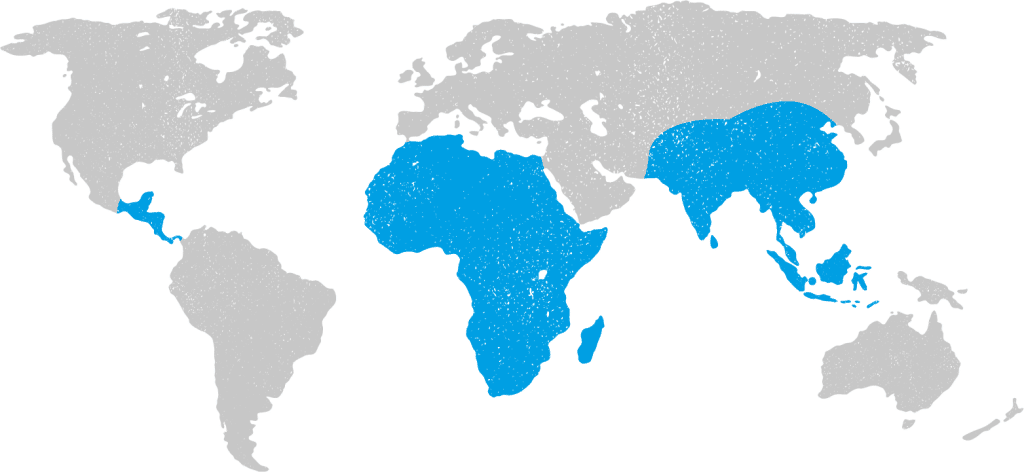
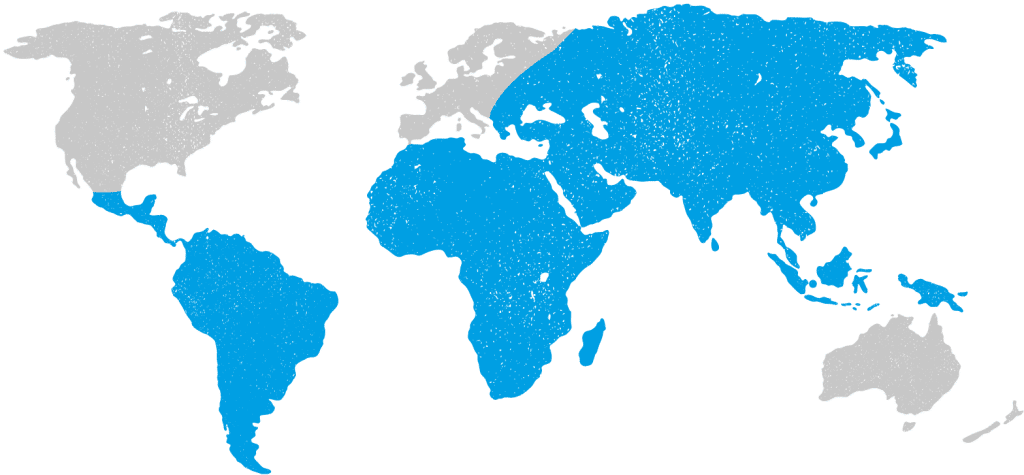
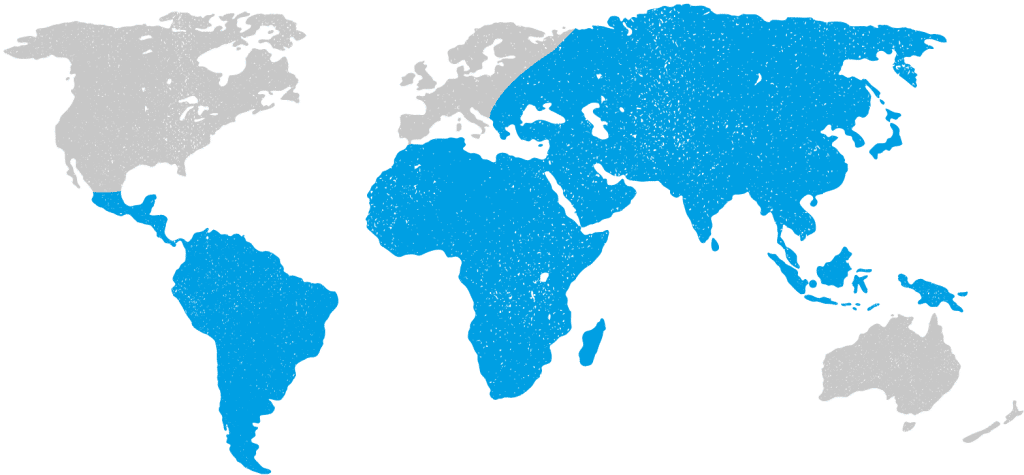

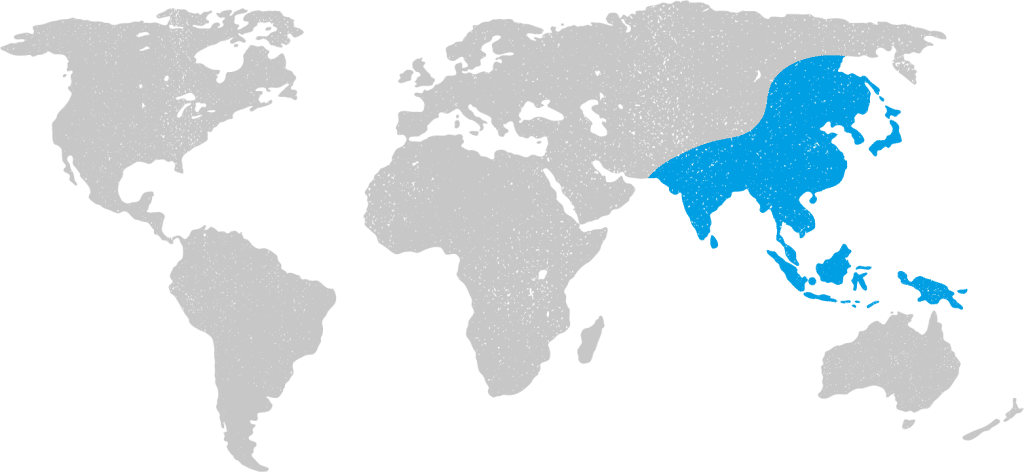
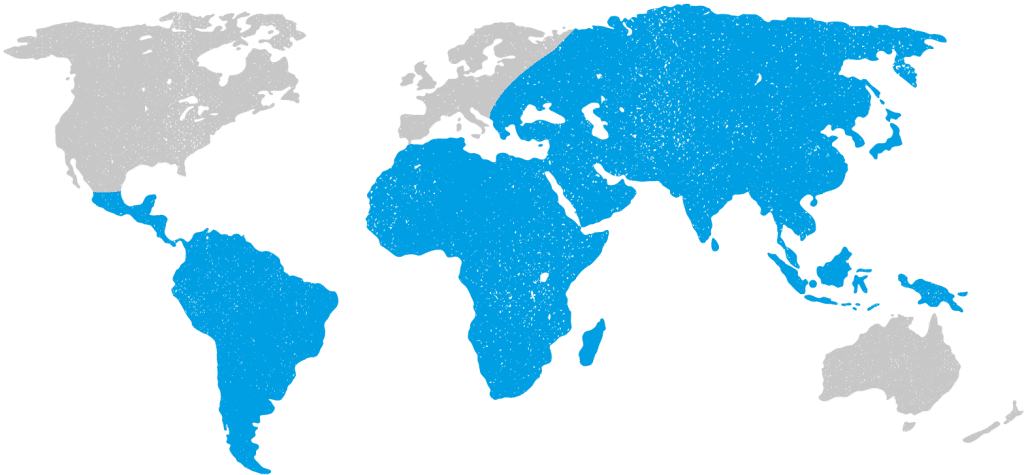
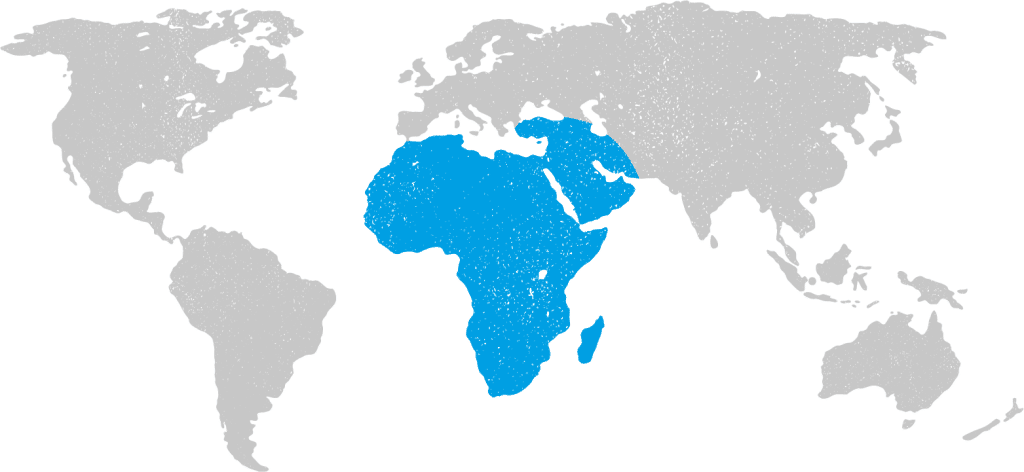

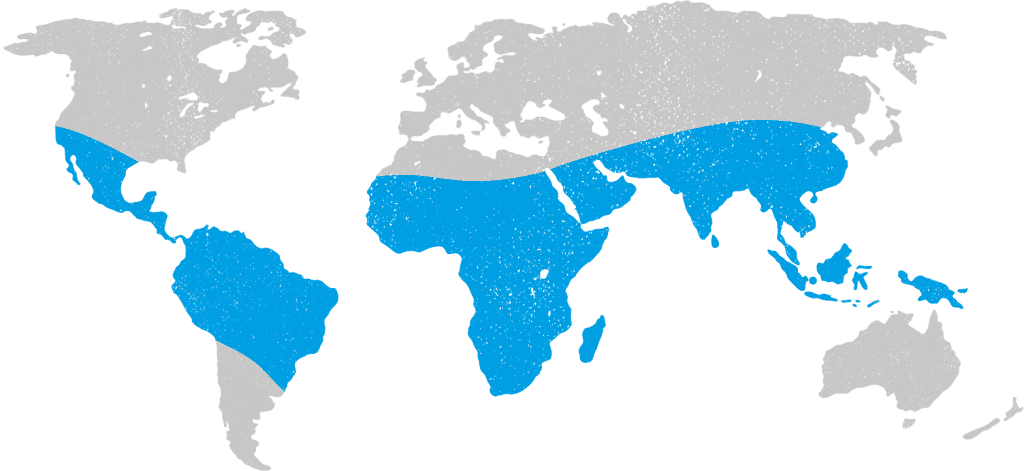


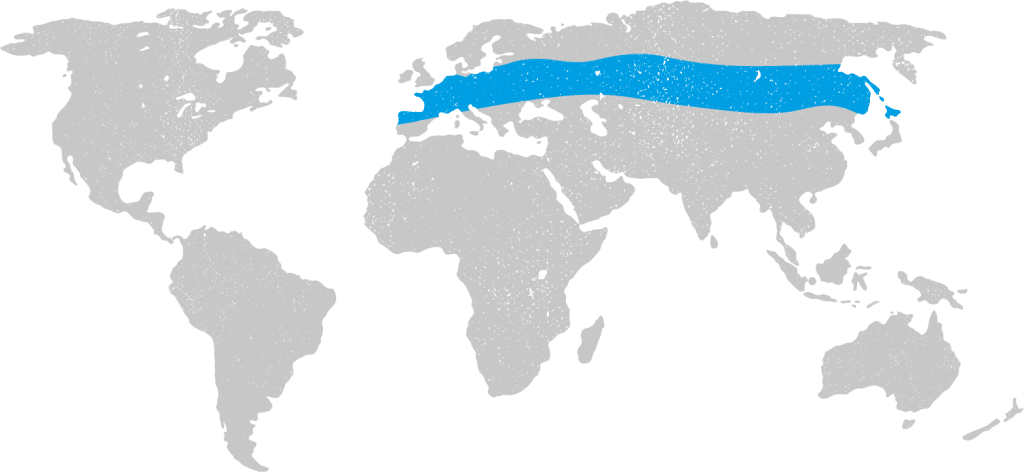

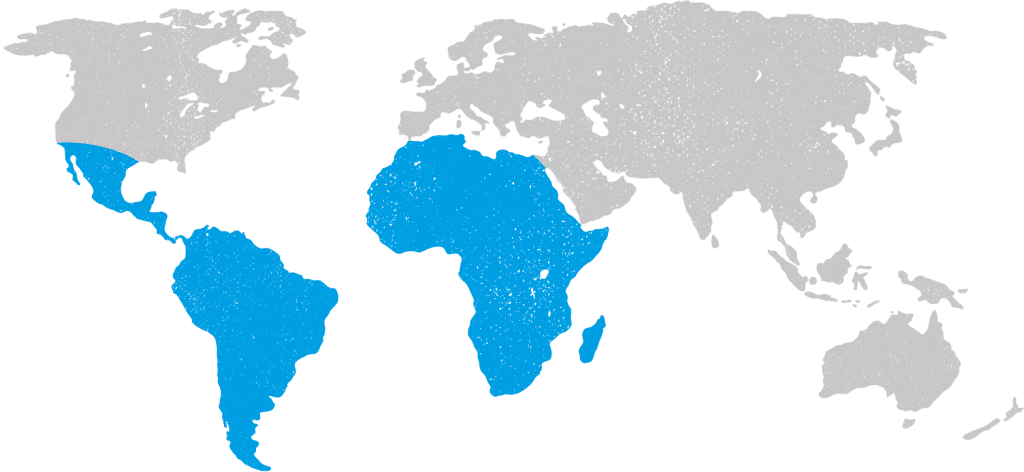
Call Now for Urgent Same-Day Appointments: Contact
| Vaccination | Price Per Dose | Additional Information |
|---|---|---|
| Anti-Malarial Tablets | *See Price Per Tablet* | View DetailsBook Now |
| Chikungunya Vaccine | £185 | View DetailsBook Now |
| Cholera (Oral) Vaccine | £42.50 | View DetailsBook Now |
| Hepatitis A Vaccine | £80 | View DetailsBook Now |
| Hepatitis B Vaccine | £65 | View DetailsBook Now |
| Japanese Encephalitis Vaccine | £126 | View DetailsBook Now |
| Meningitis (ACWY) Vaccine | £64 | View DetailsBook Now |
| Rabies Vaccine | £90 | View DetailsBook Now |
| Tetanus (DTaP) Vaccine | £50 | View DetailsBook Now |
| Tick Borne Encephalitis | £75 | View DetailsBook Now |
| Travel Vaccine Consultation | £10 | View DetailsBook Now |
| Typhoid Vaccine | £55 | View DetailsBook Now |
| Yellow Fever Vaccine | £85 | View DetailsBook Now |